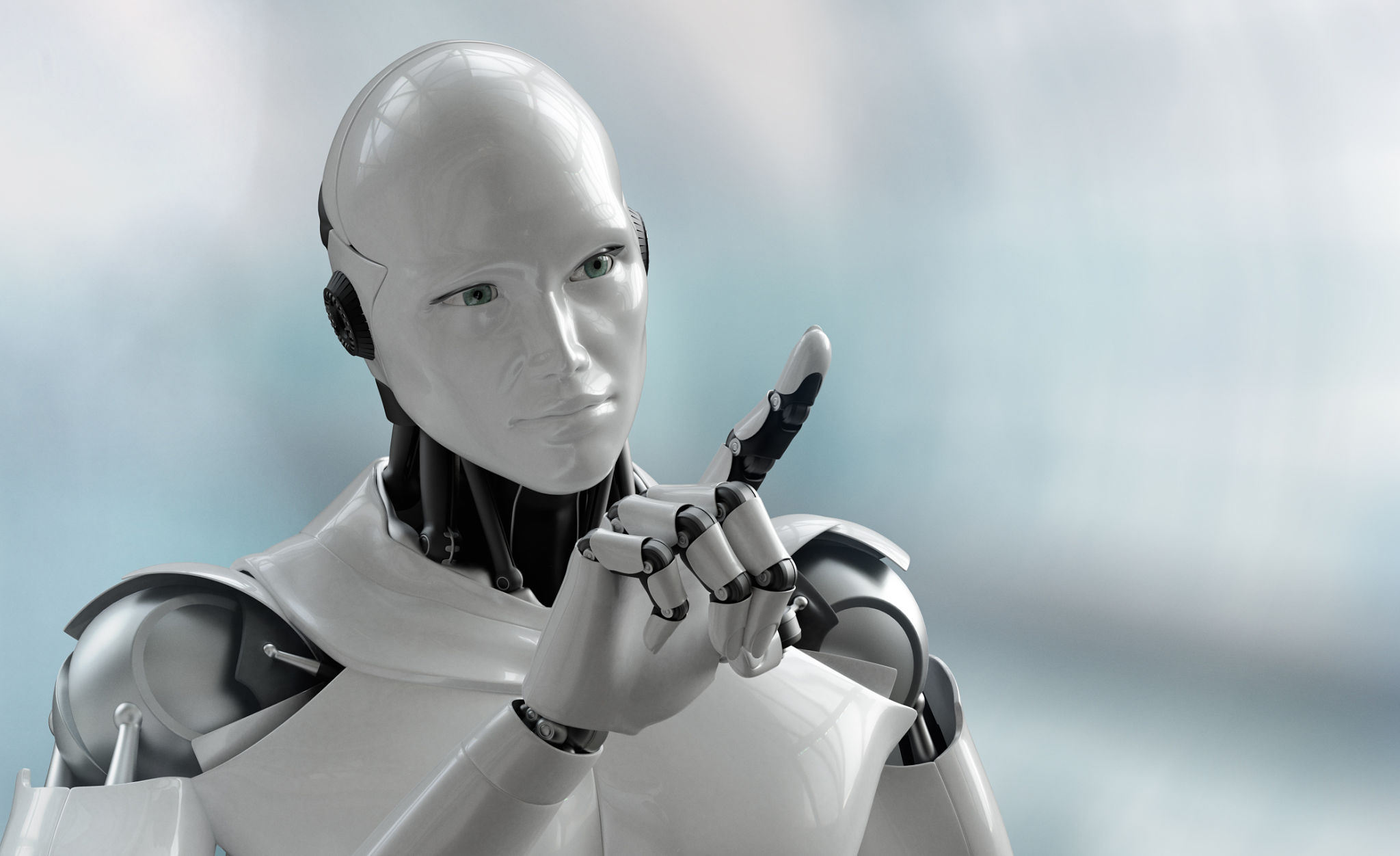Debunking Common Myths About Artificial Intelligence
Understanding the Reality of AI
Artificial Intelligence (AI) has captured the imagination and curiosity of many, but along with its rise, numerous myths have surfaced. These misconceptions often lead to confusion and fear. In this blog post, we aim to dispel some of the most common myths surrounding AI, providing clarity and a more balanced understanding of this transformative technology.

Myth #1: AI Will Replace All Human Jobs
One of the most prevalent myths is that AI will take over all human jobs, leaving people unemployed. While AI does automate certain tasks, it is more accurate to say that AI will transform the job market rather than eliminate it. New roles and opportunities are emerging, requiring skills in managing and collaborating with AI systems.
AI can handle repetitive tasks efficiently, allowing humans to focus on more creative and strategic activities. This shift highlights the importance of reskilling and upskilling the workforce to prepare for new job landscapes.
Myth #2: AI Can Think and Feel Like Humans
Another common misconception is that AI possesses human-like consciousness and emotions. In reality, AI is not sentient. It operates based on algorithms and data, lacking the ability to truly understand or feel. AI systems are designed to mimic certain human behaviors, but they do not possess awareness or consciousness.

Myth #3: AI Is Infallible
There is a belief that AI systems are always accurate and reliable. However, like any technology, AI can make mistakes. The effectiveness of AI depends on the quality of data it is trained on. Biases in data can lead to biased outcomes, emphasizing the need for careful design and continuous evaluation of AI systems.
Companies implementing AI must ensure transparency and accountability in their systems to build trust and avoid unintended consequences.

Myth #4: Only Tech Giants Can Use AI
AI is not exclusively for tech giants; it is accessible to businesses of all sizes. With the rise of user-friendly AI tools and platforms, small and medium enterprises can leverage AI to enhance operations, improve customer service, and drive innovation.
Cloud-based services and open-source AI frameworks have democratized access to this technology, enabling more companies to integrate AI into their strategies.
The Future of AI: Collaboration, Not Competition
The future of AI lies in collaboration between humans and machines. By debunking these myths, we can foster a more informed dialogue about the potential and limitations of AI. Embracing this technology with a realistic perspective will allow us to harness its benefits while addressing challenges responsibly.
As we continue to explore the capabilities of AI, it is crucial to focus on ethical considerations and ensure that advancements align with human values and societal well-being.

